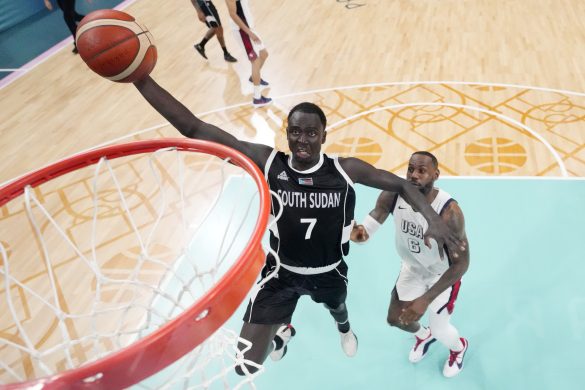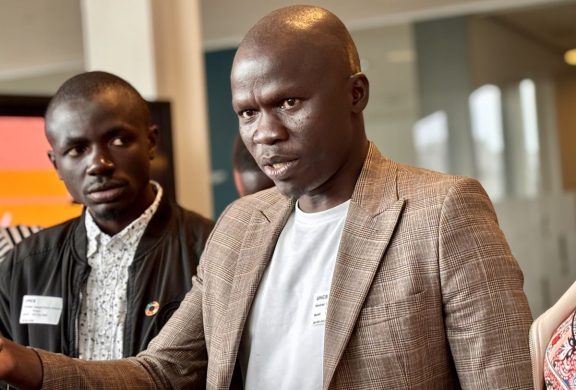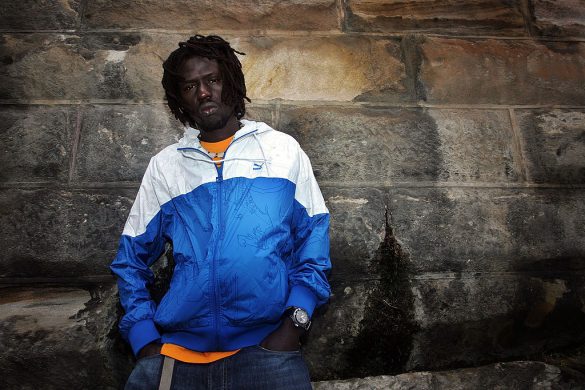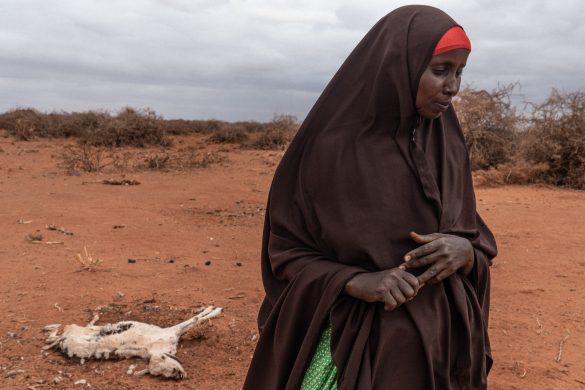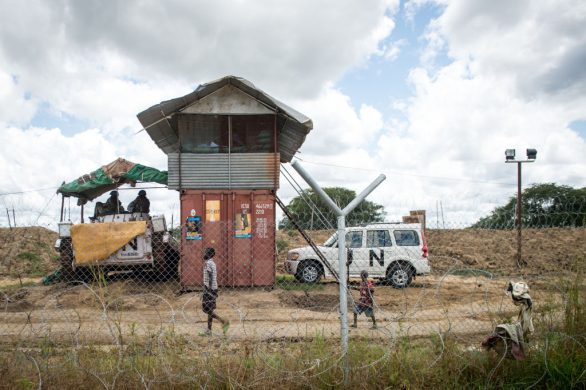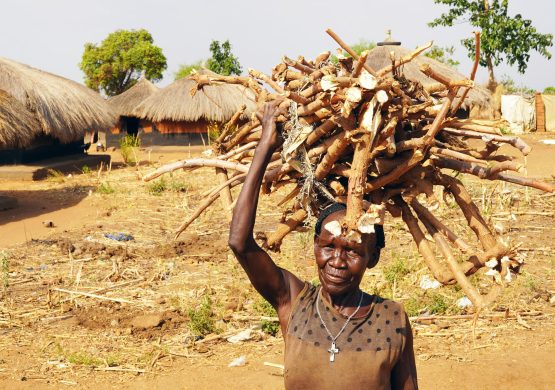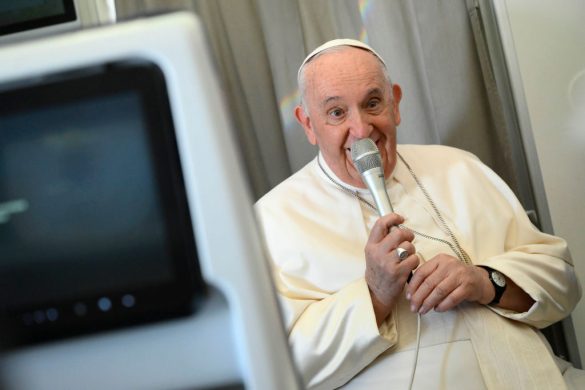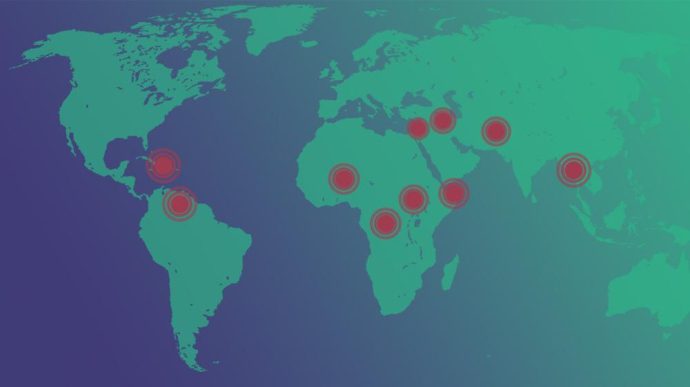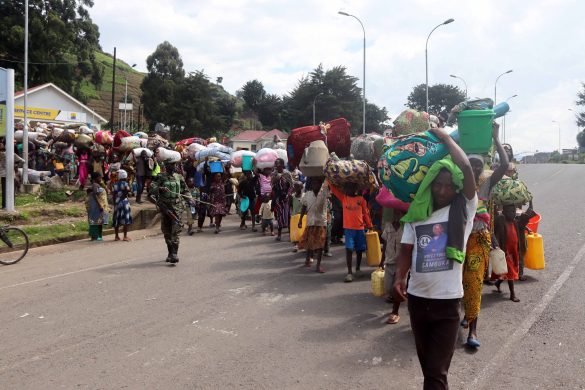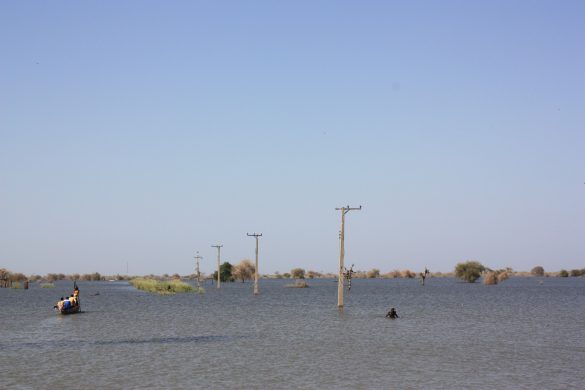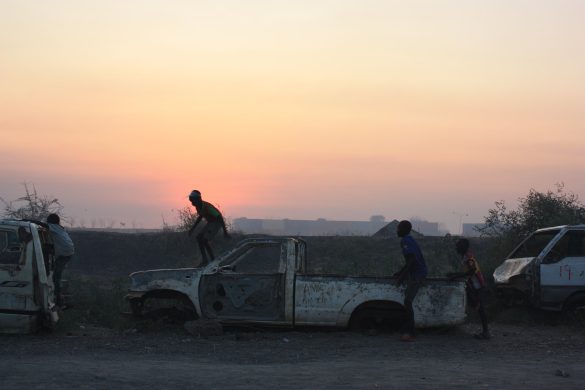NEW YORK, 24 August 2017 (UN News): A senior United Nations peacekeeping official today called on the leaders of South Sudan to show genuine political will to achieve sustainable peace in the strife-riven country, stressing that those whose long-time rivalry sparked the ongoing conflict can be the ones to resolve it.
“The conflict in South Sudan is a man-made conflict for which the leaders of South Sudan bear a direct responsibility,” Assistant Secretary-General for Peacekeeping El-Ghassim Wane told the Security Council. “But the same leaders can also bring the country back from the impending abyss.”
He noted that the dire economic situation and continued conflict in the country have combined to create a dangerous and precarious situation for its citizens, and all that is needed is genuine political will to halt military operations, peacefully negotiate and make the necessary compromises.
Der skal internationalt pres på landets ledere
“I would also urge the Security Council to pronounce itself in this regard. It is critical that the leaders of South Sudan hear the international community's unified demand of what is expected of them,” he stated.
Tomorrow marks the second anniversary of the signing of the South Sudan Peace Agreement between warring parties – the Sudan People's Liberation Army (SPLA) loyal to President Salva Kiir and the SPLA in Opposition backing then First Vice-President Riek Machar.
South Sudan, the world youngest country, which gained its independence from Sudan in 2011, has faced ongoing challenges since a political face-off between the two leaders erupted into full blown conflict in December 2013.
Despite the August 2015 peace agreement that formally ended the conflict, fighting and instability have persisted.
According to Festus Mogae, Chairman of the Joint Monitoring and Evaluation Commission (JMEC), “little meaningful progress” has been achieved in the implementation of the agreement, Mr. Wane said.
“More than ever before there is a critical need for continued and close coordination” between Intergovernmental Authority for Development (IGAD), the African Union, the UN and the larger international community to leverage collective influence to bring an end to the suffering of the civilian population and help put South Sudan on a more positive trajectory, he stated.
IGAD comprises Djibouti, Eritrea, Ethiopia, Kenya, Somalia, South Sudan, Sudan and Uganda.
Security situation remains cause for 'very serious concern'
Mr. Wane said the security situation in South Sudan remains a cause for “very serious” concern. The expected ceasefire remains elusive as military operations continued during the reporting period, mostly in Upper Nile.
In July, 136 access incidents were reported by the humanitarian community – the highest number recorded in any one month since December 2013.
Incidents of looting also spiked during July, with 15 incidents reported across the country. Of particular concern were the six major looting incidents of warehouses and trucks in transit leading to the loss of 670 metric tons of food meant for vulnerable communities in Eastern Equatoria, Lakes, Upper Nile and Warrap.
In meetings between UN Under-Secretary-General for Peacekeeping Operations Jean-Pierre Lacroix and South Sudan's key government officials earlier this month, President Salva Kiir and his cabinet members expressed reservations on the inclusion of some personalities such as Riek Machar in any dialogue process, Mr. Wane said.
But there was, however, an acknowledgement that sizeable communities cannot be left out of a process just because they were led by or that they supported a particular individual, he added.
While the National Dialogue has made some progress, it continues to be criticized for its lack of inclusivity.
Briefing the Council via videoconference, Nicholas Haysom, Special Envoy of the Secretary-General for Sudan and South Sudan, also expressed concern about the security situation and the trajectory and depth of the crisis.
Calling for a “clear commitment” to an inclusive and credible peace process, he described several recent international and regional support efforts – including Uganda’s initiative to reunify factions of the Sudan People’s Liberation Movement and Kenya’s initiative to host opposition parties – which had achieved varying levels of success.



